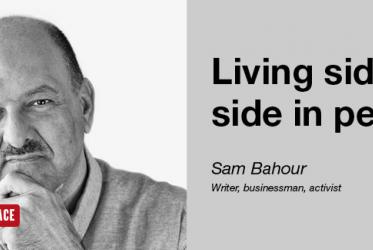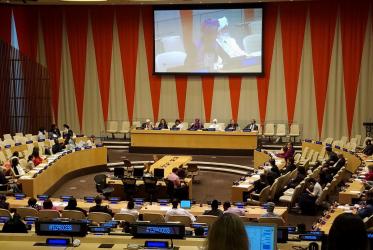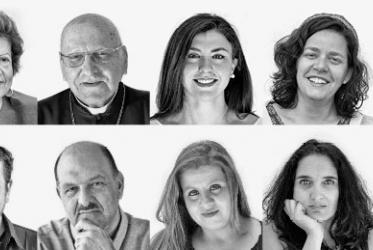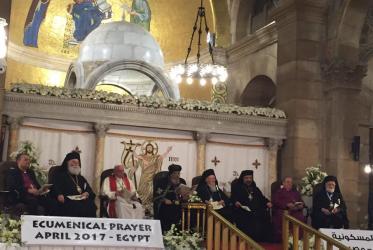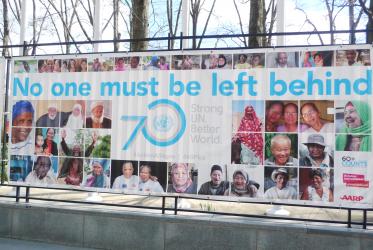Displaying 61 - 80 of 122
25 July 2017
G20 summit: call to pray for peace in Hamburg
07 July 2017
WCC seeks #JusticeAndPeace in the Holy Land
20 June 2017
Historic ecumenical prayer in Egypt for peace and unity
30 April 2017
WCC gravely concerned over Israel’s travel ban
09 March 2017
Grand Imam calls for collaboration against violence and poverty
06 October 2016
Tveit offers input at religion and development meeting
03 October 2016
Seminar will address youth engagement, religion and violence
19 August 2016
International affairs facilitator reflects on pilgrimage
31 March 2016
